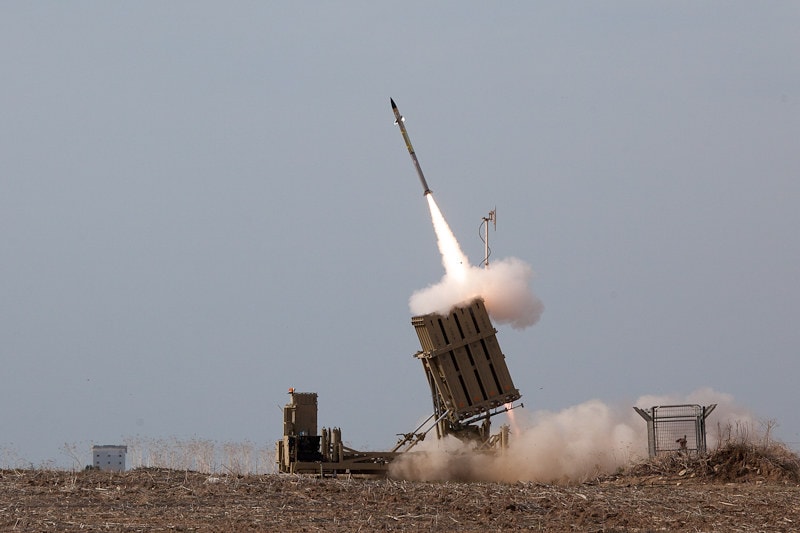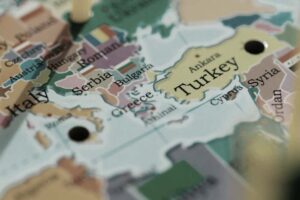
More voices in Israel are urging an end to the country’s reliance on US military aid. The calls follow the delay in US funding for Iron Dome after progressive Congress members refused to support it.
Relying on military aid that can be blocked by far-left legislators makes Israel seem strategically vulnerable, says Michael Oren, a former ambassador to the US. This hurts the country’s efforts to project a powerful image to its enemies, he told The Times of Israel.
Israelis quietly wonder why they should appear dependent on foreign aid given their country’s military and economic power, Oren wrote in a separate article in Tablet magazine. He added that Israel should not be seen as a victim of “progressive arm-twisting” as it fights for survival in a ruthless region.
Former Knesset Member Ofer Shelah voiced similar sentiments in Yediot Aharonot daily. Israelis will eventually need to debate why a country with a robust economy and huge defense budget needs to “beg for money” from abroad, he wrote.
Military officer opposes aid
IDF Brigadier General (res.) Amir Avivi says that the growing progressive influence in America is a strategic warning for Israel. Avivi, who heads a defense and security lobby group of over 2,000 senior officers, also questioned the wisdom of dependence on US aid.
Giving up military aid would allow Israel to produce all critical munitions such as Iron Dome interceptors locally, Avivi wrote in Maariv daily. Israel would also sign defense deals with many countries to diversify suppliers and avoid dependence on one source, he said.

Moreover, investing Israeli funds in the defense industry would create thousands of local jobs and boost Israel’s defense exports, the former officer said.
Vital weapons at risk?
The Israel-based Washington Express blog pointed out that the US can potentially influence Israeli policies via military aid. There is growing talk in America that Israel should face pressure to change its conduct as a condition for aid, a recent analysis noted.
Notably, Israeli officials are particularly concerned about the Iron Dome episode as the system is purely defensive. Pressure to block US funding for vital offensive weapons could be even greater, possibly disrupting IDF plans and operations.
A senior diplomatic official hinted that Prime Minister Naftali Bennett is also rethinking the current model of US aid after the Iron Dome controversy.
The PM and his top aides now believe that Israel must further boost its economic power as not to depend on outside help, the official told Makor Rishon weekly.


